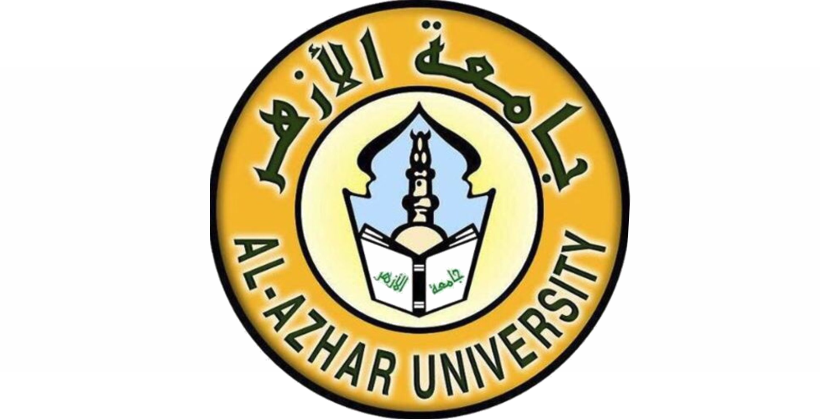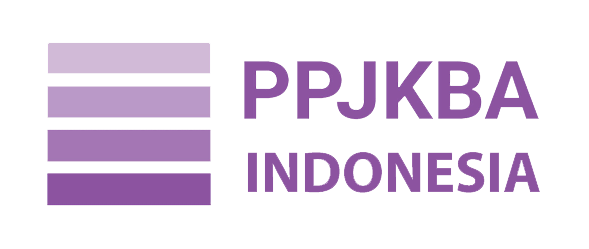تطوير تعليم المفردات باستخدام بطاقة أونو في المدرسة الثانوية الحكومية ليما بولوه كوتا
Developing Vocabulary Teaching Using Uno Card In Public Secondary School Lima Puluh Kota
DOI:
https://doi.org/10.35719/arkhas.v4i1.1964Keywords:
development, vocabulary, reading, UNO cardsAbstract
The objectives of this study are: (1) to determine the need for UNO Card media for vocabulary teaching in reading among students at MTsN 7 Lima Puluh Kota, (2) to ascertain the validation of UNO Cards at MTsN 7 Lima Puluh Kota, (3) to determine the practicality of using UNO Cards at Madrasah Tsanawiyah Negeri (MTsN) 7 Lima Puluh Kota. The method used in this research is developmental research (R&D). The development model used is the 4-D design: Define, Design, Development, and Disseminate. The results of this study are as follows: (1) UNO cards are beneficial and meet the needs of teachers in teaching vocabulary for reading Arabic texts. (2) The validation results of UNO Cards indicate they are highly valid with the following details: (a) Methodology expert validation with a percentage of 92% and the score is very accurate, (b) language expert validation at 80% and the score is correct, (c) and validation by subject matter experts at 95%, and the score is very accurate. The overall results indicate that the product validation shows an average score of 89%. This score indicates that the UNO card design is highly valid. (3) The results of using UNO cards are (a) teacher questionnaire responses at 92% and (b) student questionnaire responses at 94%, both indicating that the cards are convenient.
References
Alahmadi, A., & Foltz, A. (2020). Effects of Language Skills and Strategy Use on Vocabulary Learning Through Lexical Translation and Inferencing. Journal of Psycholinguistic Research, 49(6).
Al-Bari, Maher Shaban Abd. 2011. Taʿlīm al-Mufraḍāt al-Lughawīyah. ʿUman: Dār al-Masīrah li-l-Nashr wa-l-Tawzīʿ.
Ali, H., Hussain, B., & Ahmad Warraich, I. (2018). Basic Language Skills as a Tool for Enhancing Students’ Learning: A Case Study of Undergraduates’ Perceptions. Review of Education, Administration & Law, 1(1).
Alpionita, A. (2020). No Title.
Du, X., & Wang, X. (2023). Play by Design: Developing Artificial Intelligence Literacy through Game-based Learning. Journal of Computer Science Research, 5(4).
Fields, L., & Licato, J. (2023). Player Identification for Collectible Card Games with Dynamic Game States.
Giah, I. (2022). Upāyah Peningkatan Pengūasan Kusā Kata Bahāsā ʿArabiyyah Anāk Mela-lū Media Kartu Kata Bergambar. Atthufulah : Jurnal Pendidikan Anak Usia Dini, 2(2).
Husna, L. Al. (2019). Tasrdulamā Yufī Tāblātā yadil wīdīf afīf Jamānarbab Tadrufalāma Mīlʿaj Tālyisū Riyūṭh Nasabmar Yilahalā ʾA Taymulisālaʾī Tayyūnāthilā. 1(1).
Jonker, E. (2012). Reflections on History Education. Journal of Educational Media, Memory, and Society, 4(1).
Jumatiah, & Helalsah, I. (2021). Tatyūr Madat Akhtubār Mufraḍāt al-Lughah al-ʿArabiyyah ʿalá Dhawʾ al-Majāl al-Maʿrifī wa-l-Mahārī. Jurnal Al-Maqayis, 8(2).
Ketut Wardana, I. (2023). The impact of vocabulary selection ability on EFL students’ communication skills. Erudita: Journal of English Language Teaching, 3(1).
Khaira, U. (2020). Entalpi Pendidikan Kimia. Entalpi Pendidikan Kimia.
Laloan, T. A., & Negeri, S. (n.d.). Improving Young Learners Vocabulary by Using Digital Technology.
Laws, J. (2019). Profiling complex word usage in the speech of preschool children: Frequency patterns and transparency characteristics. First Language, 39(6).
Mahirah, M. A., & Falihah, F. A. (2022). The Effect of Learning Nahwu Shorof in Pondok Pesantren Toward Student Understanding of Arabic.
Mania, S. (2008). Observasi Sebagai Alat Evaluasi Dalam Dunia Pendidikan Dan Pengajaran. Lentera Pendidikan : Jurnal Ilmu Tarbiyah Dan Keguruan, 11(2).
Melianti, E., Risdianto, E., & Swistoro, E. (2020). Pengembangan Media Pembelajaran Berbasis Multimedia Interaktif Menggunakan Macromedia Director Pada Materi Usaha Dan Energi Kelas X. Jurnal Kumparan Fisika, 3(1).
Miraza, R., Jufrida, J., & Pathoni, H. (2018). Pengembangan Media E-Learning Berbasis Edmodo dengan Pendekatan Saintifik pada Materi Gelombang Bunyi. Jurnal Pendidikan Fisika, 6(3).
Mita, R. (2015). Wawancara Sebuah Interaksi Komunikasi Dalam Penelitian Kualitatif. In Jurnal Ilmu Budaya (Vol. 2, p. 9).
Muslih, M. (2021). The Influence of Students’ Mastery of Vocabulary on Paraphrasing Ability. Indonesian Journal of Instructional Media and Model, 3(1), 9.
Rafique, S., Waqas, A., & Shahid, C. (2023). The Correlation between Vocabulary Knowledge and English Language Proficiency at Undergraduate Level. Pakistan Journal of Humanities and Social Sciences, 11(2).
Serrano, R. (2024). Vocabulary learning from reading and listening: Replications of Brown et al. (2008) and Vidal (2011). Language Teaching, 57(1).
Suciati, I. (2020). Penggunaan Metode Permainan “Uno Matematika” Pada Materi Bilangan Pecahan. 3(2).
Syafrizal, S., & Haerudin, H. (2018). The Implementation of Vocabulary Building Strategy in Teaching English Vocabulary to Young Learners. Jo-ELT (Journal of English Language Teaching) Fakultas Pendidikan Bahasa & Seni Prodi Pendidikan Bahasa Inggris IKIP, 5(1).
Tamboy, A. S. (2020). The Correlation Between Mastery of Vocabulary and Reading Comprehension Students (Case Study SMP Swasta Tenera PTPN IV Kab. Langkat). In Cendikia : Media Jurnal Ilmiah Pendidikan (Vol. 11, Issue 1).
Teni, & Agus Yudiyanto. (2021). Pengaruh Motivasi Belajar Terhadap Hasil Belajar Siswa Kelas VII SMP Negeri 2 Kedokan Bunder Kabupaten Indramayu. Jurnal Pendidikan Indonesia, 2(1).
Tiansoodeenon, M., Meeporm, B., Kaewrattanapat, N., & Tarapond, S. (2023). Enhancing Vocabulary Acquisition through Progressive Word Increments in English Language Learning. Journal of Liberal Arts RMUTT, 4(2).
Wulandari, G. A., & Ambara, D. P. (2021). Media Kartu Uno Berbasis Multimedia Interaktif pada Kemampuan Kognitif Anak Usia Dini dalam Mengenal dan Berhitung Angka. Jurnal Pendidikan Anak Usia Dini Undiksha, 9(2)..












